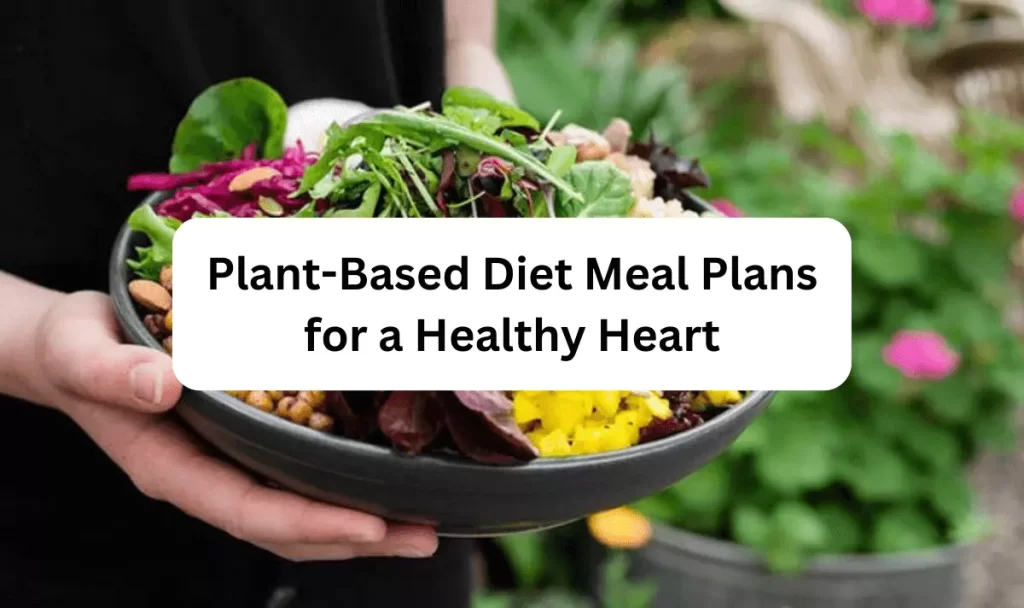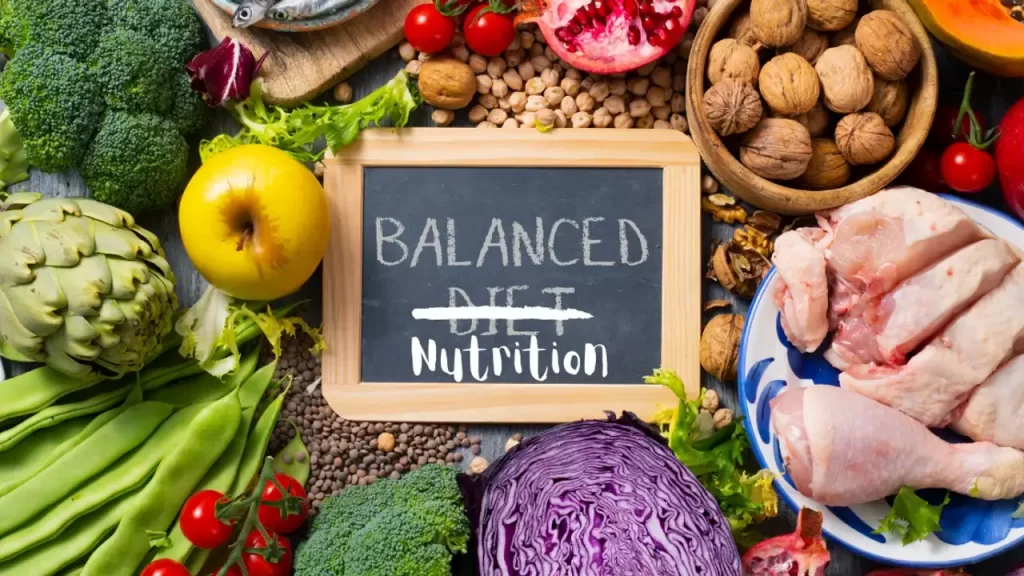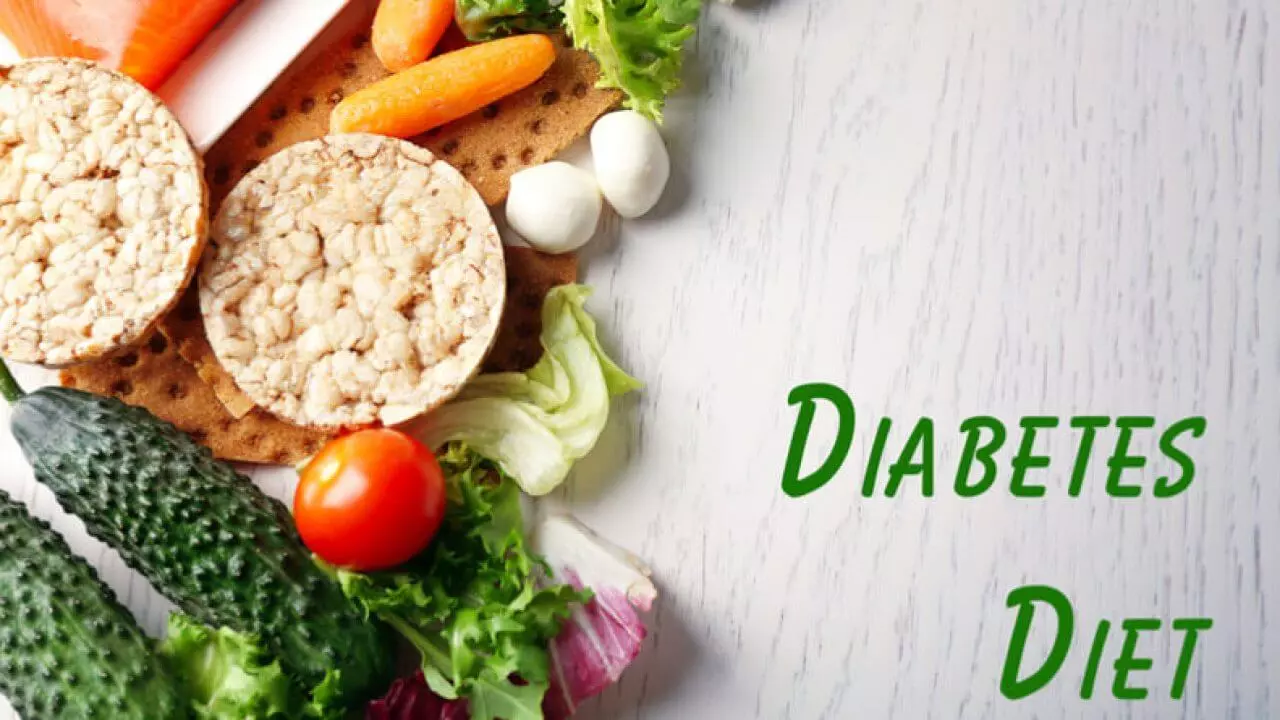
Introduction
A plant-based diet has gained immense popularity in recent years due to its numerous health benefits, particularly in promoting heart health. With a focus on consuming whole foods derived from plants, such as fruits, vegetables, legumes, whole grains, and nuts, a plant-based diet can help lower the risk of heart disease and improve overall cardiovascular health. In this article, we will explore the importance of plant-based diet meal plans for a healthy heart and provide a comprehensive guide to creating your own.
May You Also Like This: Natural Remedies for Anxiety and Stress Relief: Discover Effective Techniques to Find Inner Calm
Content
1. The Significance of Heart Health

Maintaining a healthy heart is vital for overall well-being. Heart disease is a leading cause of mortality worldwide, and adopting a plant-based diet can play a crucial role in preventing and managing this condition. By understanding the impact of dietary choices on heart health, individuals can make informed decisions to protect their cardiovascular system.
2. Understanding Plant-Based Diets
A plant-based diet emphasizes the consumption of plant-derived foods while minimizing or excluding animal products. This dietary approach focuses on whole, unprocessed foods and encourages a variety of fruits, vegetables, whole grains, legumes, nuts, and seeds. It promotes the exclusion of or limited intake of animal-derived products like meat, dairy, and eggs.
3. Benefits of a Plant-Based Diet for Heart Health
Adopting a plant-based diet offers several benefits for heart health. Research suggests that it can help lower blood pressure, reduce cholesterol levels, manage weight, and decrease the risk of heart disease and stroke. The high fiber content of plant-based foods, along with their natural antioxidants and phytochemicals, contribute to these positive effects.
4. Key Components of a Plant-Based Diet

To build a heart-healthy plant-based meal plan, it is important to focus on the following key components:
a) Fruits and Vegetables
Including a variety of colorful fruits and vegetables provides essential vitamins, minerals, and antioxidants. Aim for at least five servings per day to maximize nutritional intake.
b) Whole Grains
Opt for whole grains such as quinoa, brown rice, whole wheat bread, and oats. These are rich in fiber, which helps regulate blood cholesterol levels and promotes heart health.
c) Legumes
Legumes like lentils, beans, and chickpeas are excellent sources of plant-based protein, fiber, and other essential nutrients. They also contribute to a feeling of fullness and aid in weight management.
d) Nuts and Seeds
Incorporate a variety of nuts and seeds, such as almonds, walnuts, chia seeds, and flaxseeds. These provide healthy fats, omega-3 fatty acids, and other heart-protective nutrients.
5. Creating a Plant-Based Meal Plan
Designing a plant-based meal plan requires careful consideration of nutritional needs and personal preferences. Here’s a step-by-step guide to help you create your own:
Step 1: Set Goals
Define your health goals and consider any specific dietary requirements or restrictions. This will help tailor your meal plan to suit your individual needs.
Step 2: Plan Your Meals
Outline your daily meals, including breakfast, lunch, dinner, and snacks. Ensure that each meal incorporates a variety of plant-based foods from different food groups.
Step 3: Balance Nutrients
Pay attention to macronutrient distribution and ensure an adequate intake of protein, carbohydrates, and healthy fats. A balanced meal plan promotes overall health and sustains energy levels.
Step 4: Experiment with Recipes
Explore plant-based recipes to add variety and flavor to your meals. There are numerous online resources, cookbooks, and apps available for recipe inspiration.
6. Sample Plant-Based Meal Plan for a Healthy Heart
Below is a sample one-day plant-based meal plan that focuses on heart health:
Breakfast
- Overnight oats topped with mixed berries and a sprinkle of chia seeds
- Green tea or a fruit smoothie
Snack
- Handful of almonds and an apple
Lunch
- Quinoa salad with mixed vegetables, chickpeas, and a lemon-tahini dressing
- Water or herbal tea
Snack
- Carrot sticks with hummus
Dinner
- Baked tofu with roasted vegetables and quinoa
- Herbal tea or infused water
Dessert
- Fresh fruit salad or a small piece of dark chocolate
7. Incorporating Variety and Nutrient Balance

To ensure optimal nutrition and enjoyment of your plant-based diet, focus on incorporating a wide range of fruits, vegetables, whole grains, legumes, nuts, and seeds. Experiment with different cooking methods, herbs, and spices to enhance flavors and make your meals more satisfying.
8. Tips for Successful Implementation
Here are some practical tips to help you successfully adopt a plant-based diet for a healthy heart:
- Start gradually by introducing plant-based meals into your existing diet and gradually reducing animal products.
- Plan and prepare your meals in advance to avoid resorting to less healthy options when time is limited.
- Stay hydrated by drinking plenty of water throughout the day.
- Be mindful of portion sizes to maintain a balanced calorie intake.
- Seek support from friends, family, or online communities to stay motivated and share recipe ideas.
Conclusion
A plant-based diet is an excellent choice for promoting a healthy heart. By incorporating a variety of plant-based foods into your daily meals and following a well-balanced meal plan, you can reduce the risk of heart disease and improve your overall cardiovascular health. Remember to seek professional guidance if needed, and enjoy the journey to a healthier heart.
Can a plant-based diet provide all the necessary nutrients for a healthy heart?
Yes, a well-planned plant-based diet can provide all the essential nutrients needed for heart health. However, it is important to ensure a varied and balanced intake of plant-based foods.
Is it possible to get enough protein on a plant-based diet?
Absolutely! Plant-based protein sources such as legumes, tofu, tempeh, seitan, and quinoa can provide all the essential amino acids required by the body.
Will a plant-based diet help with weight loss?
Yes, a plant-based diet can be effective for weight loss due to its high fiber content, which promotes feelings of fullness and reduces calorie intake.
Are there any supplements recommended for a plant-based diet?
It is advisable to consult a healthcare professional or registered dietitian to assess your individual needs and determine if any specific supplements are necessary.
Can children and pregnant women follow a plant-based diet for heart health?
Yes, plant-based diets can be suitable for children and pregnant women. However, it is crucial to ensure proper nutrient intake and consult with a healthcare professional for personalized guidance.

Arlene Ross is a health blogger who enjoys writing on her website. Arlene has always had an interest in medicine, and she hopes to become a doctor one day. She loves reading about medical discoveries, especially when they are for rare conditions that don’t have much research yet. She also likes exploring the science behind different diets and nutrition programs.













